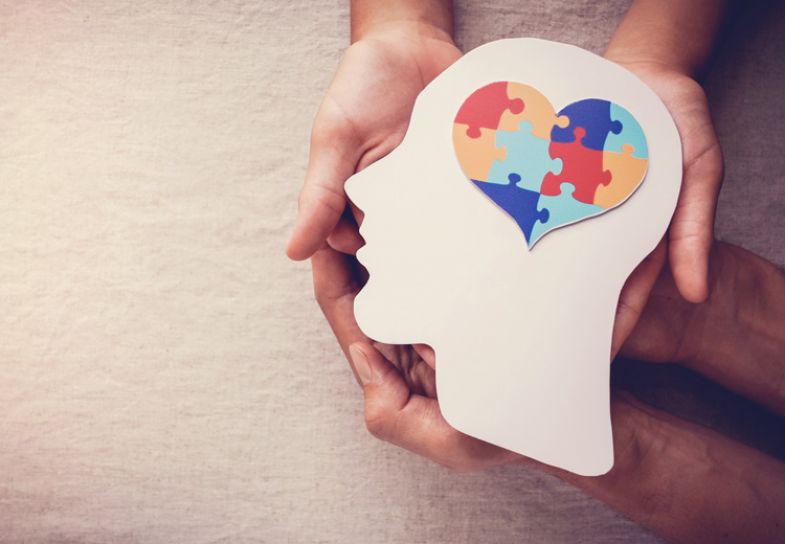Good mental health has numerous benefits for individuals, communities, and society as a whole. When we are mentally healthy, we are better able to cope with the daily stresses of life, build positive relationships, and achieve our goals. We have a greater sense of well-being, happiness, and fulfilment. Good mental health can also improve physical health, reduce the risk of chronic diseases, and increase longevity. Additionally, it can improve productivity and creativity, enhance academic and work performance, and contribute to a more peaceful and harmonious society. Overall, good mental health is essential to living a fulfilling and meaningful life.
Mental health counselling can be a vital tool in helping individuals address a variety of mental health concerns, such as depression, anxiety, trauma, and relationship issues. However, finding the right mental health counsellor and course can be a daunting task. Here are some tips to help you get the best mental health counselling and find the mental health counselling courses best courses:
- Research and ask for recommendations: Take some time to research different mental health counselors and courses in your area or online. Ask for recommendations from trusted friends or family members, healthcare providers, or mental health organizations. Look for counselors or courses that specialize in the specific concerns you want to address.
- Check credentials and experience: Make sure the counselor or course instructor is licensed, certified, or accredited in their field of expertise. Check their experience and education to ensure they have the necessary training and qualifications to provide effective mental health counseling or course instruction.
- Consider their approach and style: Different counselors and course instructors may have different approaches and styles of therapy or instruction. It’s important to find someone whose approach and style resonate with you and your needs. Some common approaches include cognitive-behavioral therapy, psychodynamic therapy, mindfulness-based therapy, and humanistic therapy.
- Look for accessibility and convenience: Consider factors such as location, availability, and cost when choosing a mental health counselor or course. Look for counselors or courses that are easily accessible and convenient for you to attend. Consider online or remote options if you have difficulty accessing in-person services.
- Build rapport and trust: A strong and trusting relationship with your mental health counselor or course instructor is essential to effective therapy or learning. Take some time to build a rapport and establish trust with your counselor or instructor, and be honest and open about your concerns and goals.
- Set realistic expectations: Mental health counseling and courses can be a powerful tool for growth and healing, but they are not a magic solution. It’s important to set realistic expectations for your progress and be patient and persistent in your efforts.
- Seek support and follow-up: Mental health counseling and courses can be an ongoing process, and it’s important to seek support and follow-up as needed. Consider joining support groups or seeking additional counseling or courses to continue your growth and progress.
Conclusion
getting the best mental health counseling and finding the best courses involves research, checking credentials and experience, considering approach and style, looking for accessibility and convenience, building rapport and trust, setting realistic expectations, and seeking support and follow-up. By following these tips, you can find the mental health counseling and courses that work best for you and your needs.
